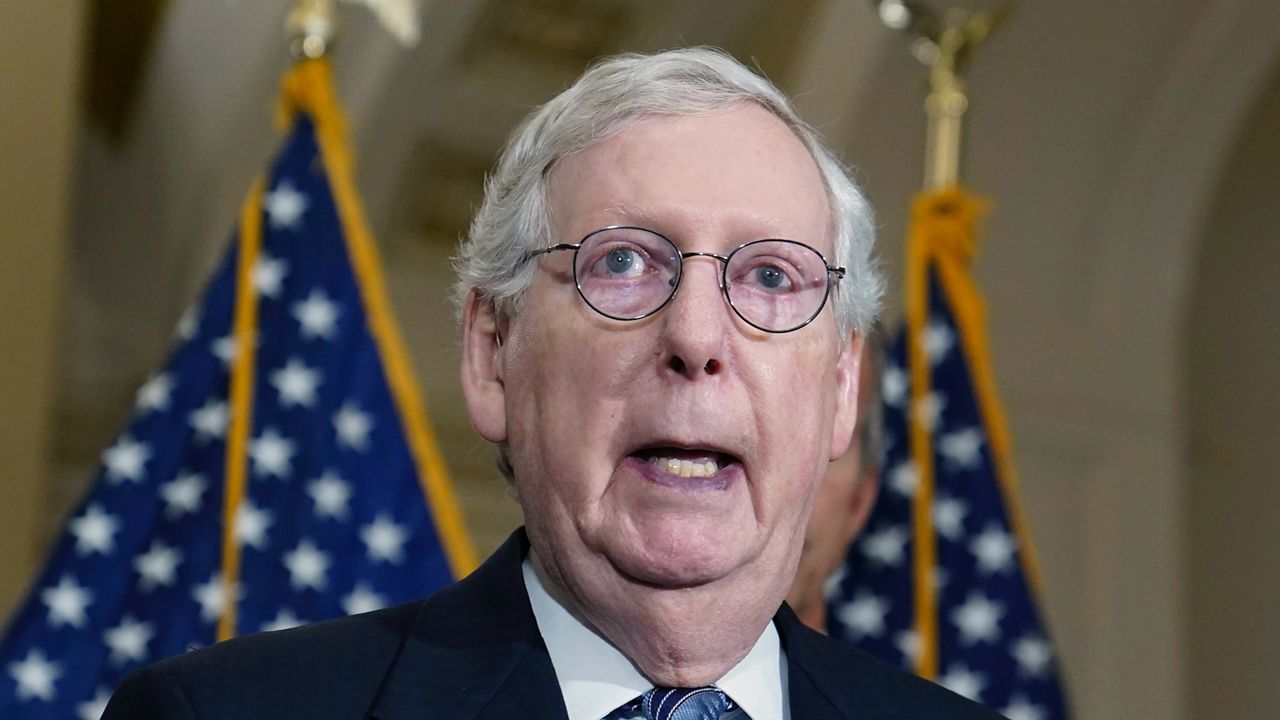On Thursday, Senate Republicans moved to block advancement of the DISCLOSE Act, a bill intended to reform campaign finance transparency and require non-party organizations to disclose who is contributing to campaigns seeking to influence elections.
“The American people are fed up with dark money influence campaigns that rig their government against them and stymie their priorities,” said Sen. Sheldon Whitehouse, D-R.I., in a statement released Thursday after the a procedural vote to advance the measure failed. Whitehouse was the lead sponsor on the bill.
The vote was deadlocked 49-49 along party lines, with Democrats voting in favor and Republicans against; it needed 60 votes to advance. Two lawmakers, Sens. Tammy Baldwin, D-Wisc., and Mike Crapo, R-Idaho, did not vote.
On Tuesday, President Joe Biden spoke in favor of the DISCLOSE Act, taking to the Roosevelt Room of the White House to urge Senators to support the bill and decry the influence of “dark money” in elections.
“There’s too much money that flows in the shadows to influence our elections,” Biden said. “Right now, advocacy groups can run ads on issues attacking or supporting a candidate right now until Election Day without exposing who’s paying for that ad,” he added, warning that such special interests can include foreign entities who are otherwise unable to contribute to political campaigns.
“Dark money has become so common in our politics, I believe sunlight is the best disinfectant,” Biden said.
Before the vote, Senate Minority Leader Mitch McConnell, R-Ky., called the DISCLOSE Act a “liberal pet priority … designed to give unelected federal bureaucrats vastly more power over private citizens’ First Amendment rights and political activism.”
According to the text of the bill, the DISCLOSE Act primarily sought to strengthen disclosure requirements for single-source donations greater than $10,000. Organizations spending money on elections, including Super PACS, would be require to disclose donors who have donated $10,000 or more during an election cycle.
The bill also sought to close loopholes that allowed foreign entity spending on American elections; would require companies spending money in elections to disclose controlling owners; and would require organizations to identify major contributors to campaign ads.
The Biden administration on Thursday issued a statement of support for the bill, calling it "a vital bill to restore the integrity of our elections."
"Our current campaign finance system allows anonymous special interests to hide in the shadows when spending unlimited sums of money to influence our elections, leaving Americans skeptical about whether their elected representatives are actually working for them," the statement reads. "Under our current system, it is too easy for foreign money to influence our elections."
In his statement, Whitehouse promised that the “fight to pass this bill isn’t over.” If the past holds true, he’s not lying — Democrats have introduced election spending reform bills in every legislative session since 2010.



